Maximize resources to create breakthroughs in road infrastructure development
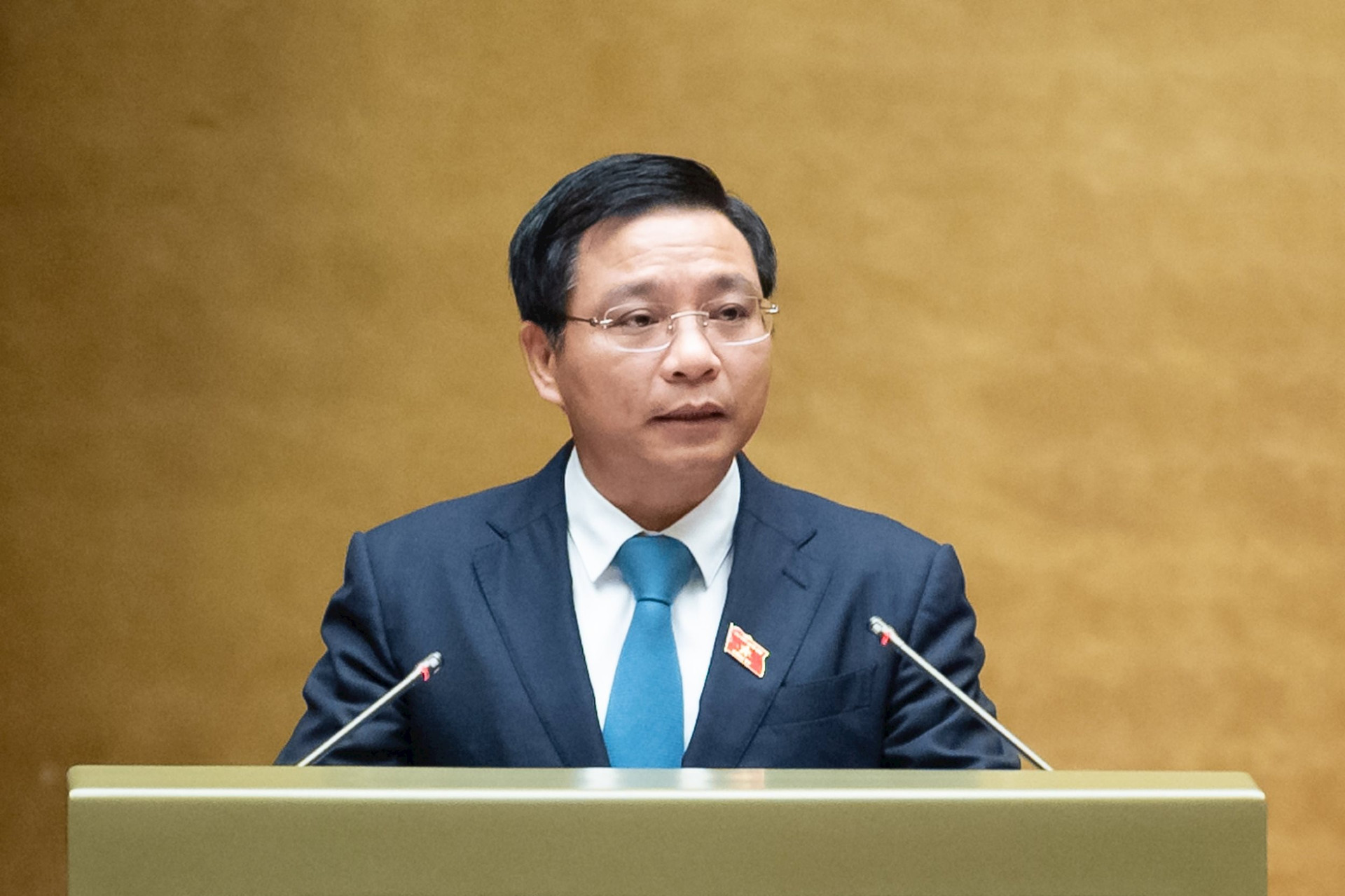
On the morning of November 10, at the 6th Session of the 15th National Assembly, authorized by the Prime Minister, presenting the Report on the draft Law on Roads (amended), Minister of Transport Nguyen Van Thang said that, in terms of political basis, the drafting of the Law on Roads aims to institutionalize the Party's guidelines and the State's policies on developing the road infrastructure system, developing road transport to meet the requirements of industrialization and modernization of the country, ensuring smooth and safe traffic in Resolution No. 13-NQ/TW dated January 16, 2012 of the Party Central Committee.
The law-making also aims to create a breakthrough mechanism to build a synchronous and modern infrastructure system; prioritize the development of a number of key national transport projects, adapting to climate change according to the Resolution of the 13th National Congress of the Party; develop mechanisms and policies to mobilize and use resources to develop transport infrastructure. Investment policies that create a large increase in traffic demand must have an assessment of the impact on traffic order and safety according to Directive No. 23-CT/TW dated May 25, 2023 of the Secretariat on strengthening the Party's leadership in ensuring traffic order and safety in the new situation.
On practical basis, the Road Traffic Law 2008 was passed by the 12th National Assembly at the 4th session on November 13, 2008, effective from July 1, 2009, built on the principle of ensuring the inheritance of the contents of the Road Traffic Law 2001 with many new points and specific, strict regulations.
After 13 years of implementation, the 2008 Road Traffic Law has achieved certain results, creating a legal corridor for road transport activities; contributing to forming awareness of law compliance among traffic participants; promoting the development of transport and the country's economy; creating favorable conditions for Vietnam to proactively participate in transport activities with countries in the region.
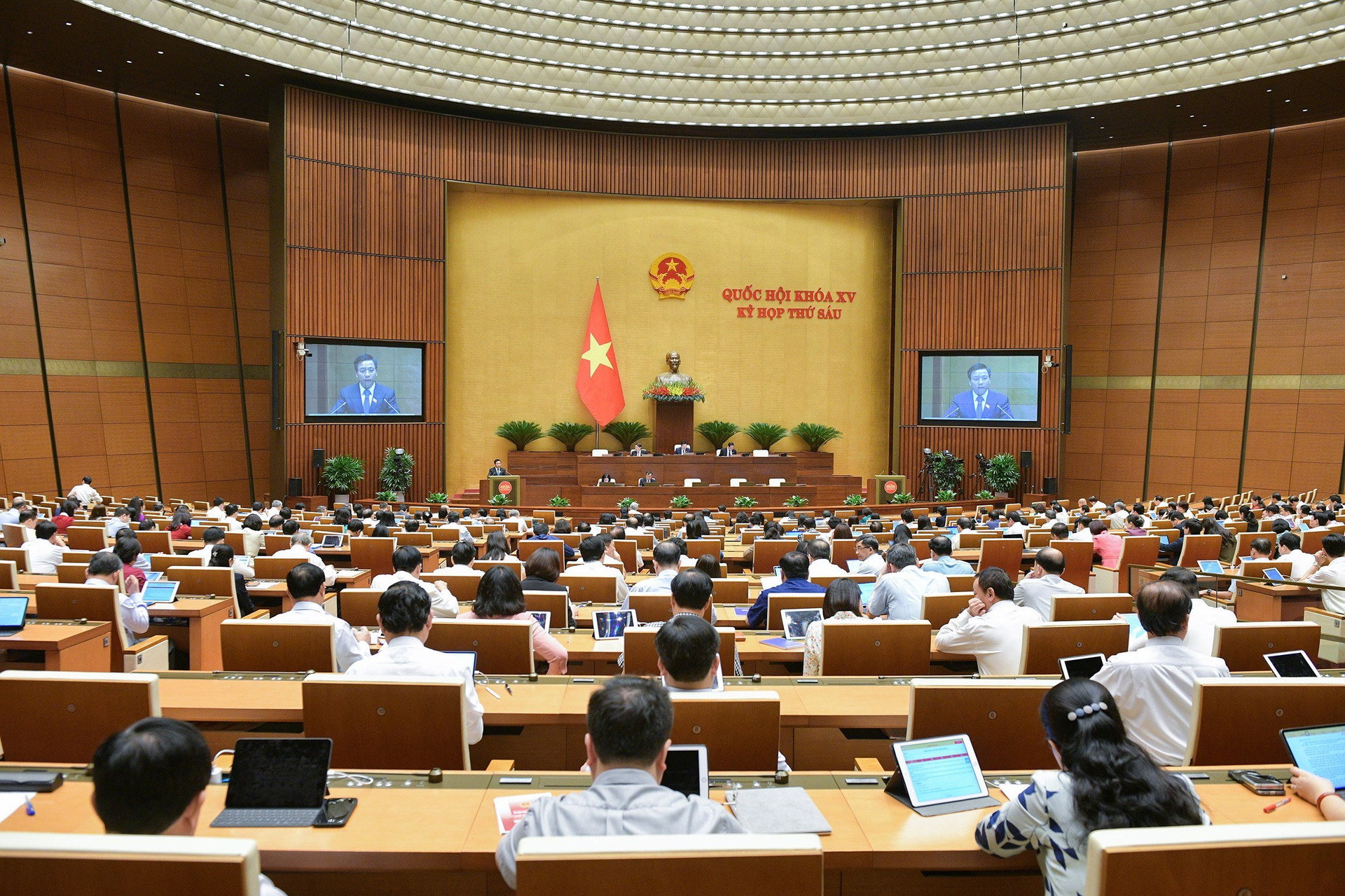
After the process of summarizing and researching, in addition to promoting advantages, the 2008 Road Traffic Law has revealed a number of problems that need to be revised and supplemented, especially the regulations on mechanisms to mobilize social resources in the construction of road infrastructure; application and development of information technology in the management and operation of road activities; adjustment of types of automobile transport business to suit reality. For the above reasons, the development of the Road Law project is extremely necessary.
The Minister of Transport said that the development of the Road Law aims to continue to perfect the mechanisms and policies on road infrastructure; road transport; strengthen state management, institutionalize the Party and State's policies and guidelines on road infrastructure development; implement Vietnam's commitments to the international community; and overcome difficulties and shortcomings in the process of implementing laws on road traffic.
Regarding the viewpoint on law development, the Minister said that the development of the Road Law project has an impact on the country's economic development and integration process and is based on the following viewpoints: promptly institutionalizing the Party's policies, in accordance with the 2013 Constitution, ensuring compatibility with relevant international treaties to which Vietnam is a member; inheriting, continuing to develop, perfecting regulations that are still suitable for reality, amending and supplementing regulations that have arisen with limitations and difficulties during implementation; creating a mechanism to mobilize all resources to the maximum to create a breakthrough in the development of road infrastructure, as a basis for restructuring transport modes.
The drafting of the law also closely follows the viewpoint of improving service quality, ensuring road transport safety, creating a transport market with a reasonable, effective and competitive structure; reforming administrative procedures, ensuring an open and equal business environment in the road sector; promoting the application of information technology in traffic organization, infrastructure management, and transport operation management.
Agree on the need to promulgate the Road Law
Reporting on the review of the Road Law project, Chairman of the National Assembly's Defense and Security Committee Le Tan Toi agreed on the necessity of promulgating the Road Law to continue institutionalizing the Party's guidelines and policies; concretizing the provisions of the 2013 Constitution; internalizing relevant international treaties to which Vietnam is a member; overcoming the shortcomings and limitations of the 2008 Road Traffic Law, creating a complete legal basis for road transport activities, and promoting the development of road traffic.
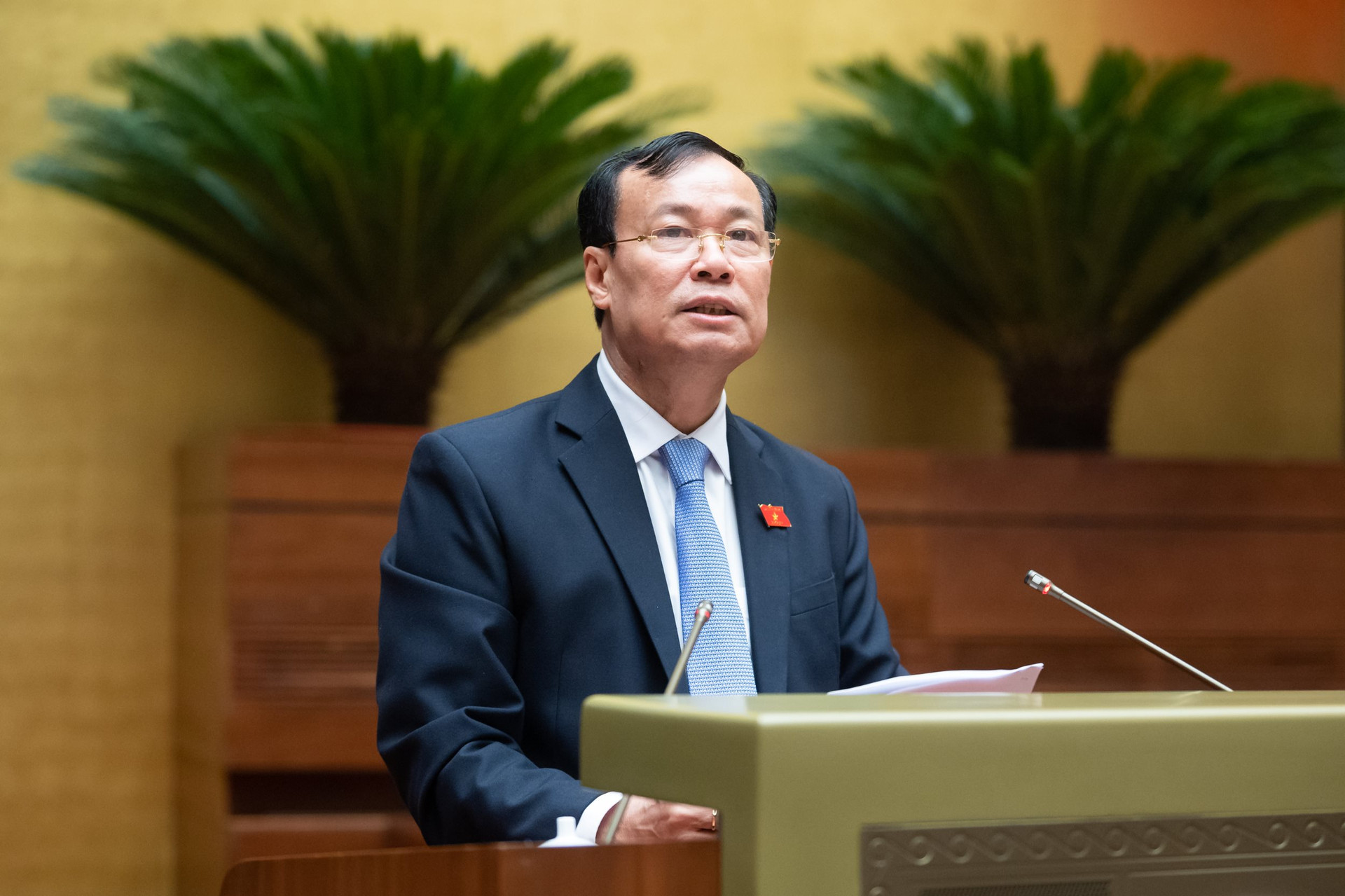
The draft Basic Law is consistent with the Party's policies and the provisions of the 2013 Constitution, ensures consistency in the legal system, is compatible with relevant international treaties to which Vietnam is a member, and ensures feasibility.
However, Chairman of the National Assembly's Committee on National Defense and Security Le Tan Toi proposed to continue reviewing some specific provisions of the draft Law to ensure consistency with the provisions in the draft Law on Road Traffic Order and Safety and relevant legal provisions; compatibility with international treaties; and additional impact assessments for some newly added provisions in the draft Law to ensure feasibility.
Regarding the scope of regulation, the National Defense and Security Committee basically agrees with the scope of regulation of the draft Law to focus on in-depth regulations on road infrastructure and road transport activities. However, it is recommended to study and continue to clarify the scope of regulation as well as some contents of the draft Law with the draft Law on Road Traffic Order and Safety to ensure consistency, avoid overlap, and ensure consistency and feasibility.
Regarding the principles of road operations (Article 4), the National Defense and Security Committee basically agrees with the provisions of the draft Law. However, there are opinions suggesting to change the name of this Article and edit the content in the direction of regulating the principles of development and management of road infrastructure and road transport. There are opinions suggesting to supplement the principles of public, transparent, and modern traffic management; supplement the provisions on special means of transport participating in traffic such as military vehicles conducting drills, in order to protect road infrastructure; supplement the principle of ensuring gender equality in road operations to serve as a basis for developing regulations on gender equality in the Law.
Regarding the development policy for road activities (Article 5), some opinions suggested adding the content of developing modern road infrastructure in sync with the development of road vehicles. Some opinions suggested adding the content of prioritizing the development of public passenger transport in conjunction with the roadmap to limit personal vehicles participating in traffic in large cities in Clause 2 to be consistent with the Party's policy and practical requirements.
Chairman of the National Defense and Security Committee Le Tan Toi proposed to study and revise the draft Law to ensure completeness, ensure consistency in the legal system, and be consistent with reality and the Party's directives.
Regarding land funds for road infrastructure (Article 15), the National Defense and Security Committee proposed to continue reviewing and evaluating the current status of applying regulations on the ratio of land funds for urban transport infrastructure in the past to ensure feasibility and assign the Government to regulate and guide the implementation of the ratio of urban road land funds for each area in the urban area to ensure harmonious land fund arrangement throughout the urban area.
Regarding the construction and installation of billboards (Article 22) and the construction and installation of infrastructure works within the protection area of road infrastructure (Article 23), the National Defense and Security Committee found that the regulation of advertising activities in the draft Law is necessary because it is directly related to road activities. Therefore, it is recommended that these activities be strictly and specifically regulated in the draft Law.
Regarding investment in road construction (Article 32), the National Defense and Security Committee believes that some provisions in this Article do not ensure consistency with the law on investment and construction and do not ensure feasibility. Therefore, it is recommended to study the above opinions to continue reviewing and revising the draft Law.
Regarding the Intelligent Traffic System Management Center (Article 43), the National Defense and Security Committee proposed to study opinions to build management centers and traffic command centers to avoid overlap and waste.
In addition, Chairman of the National Assembly's Committee on National Defense and Security Le Tan Toi also mentioned some contents on financial resources for investment in construction, management, operation, exploitation and maintenance of road infrastructure (Article 45), Chapter III (Expressways), and road transport activities (Article 61).
Source






























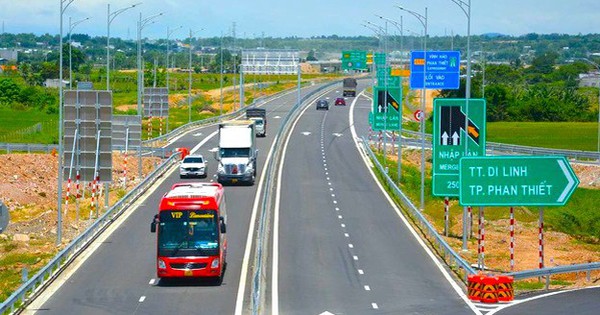

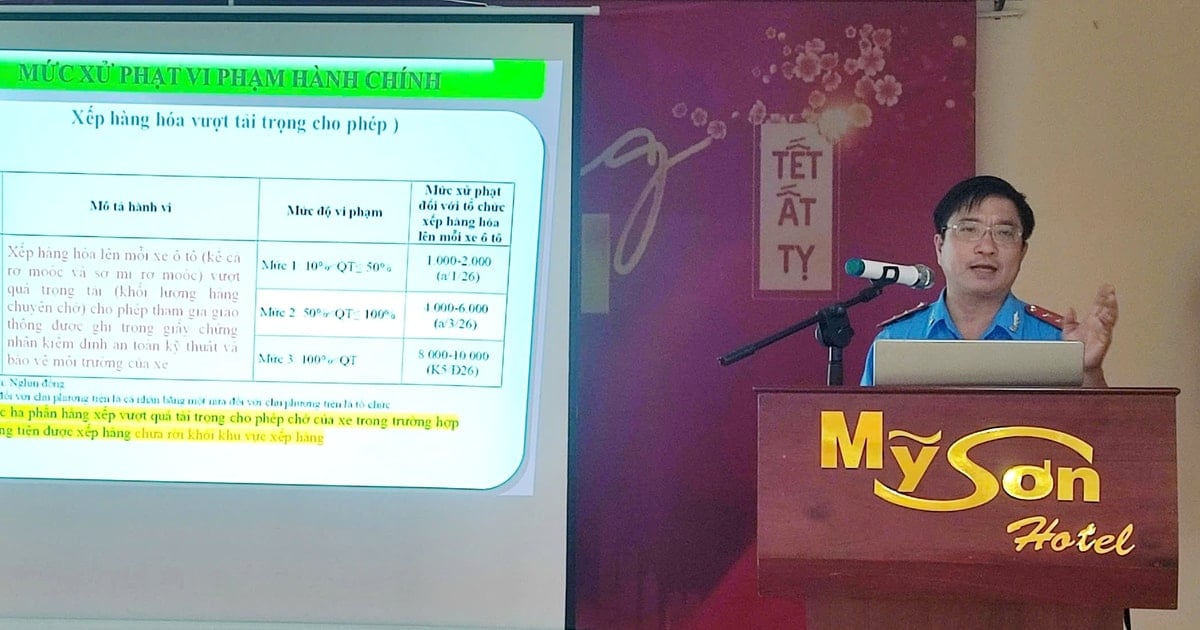
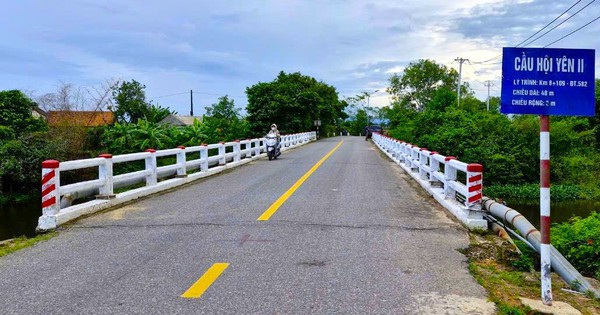


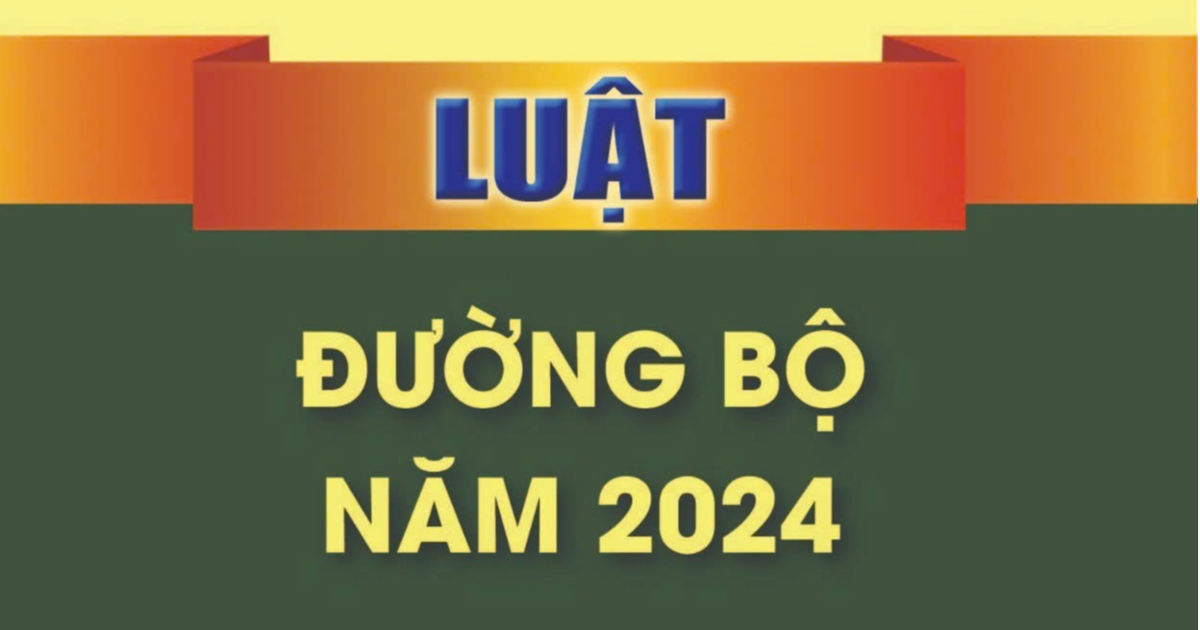

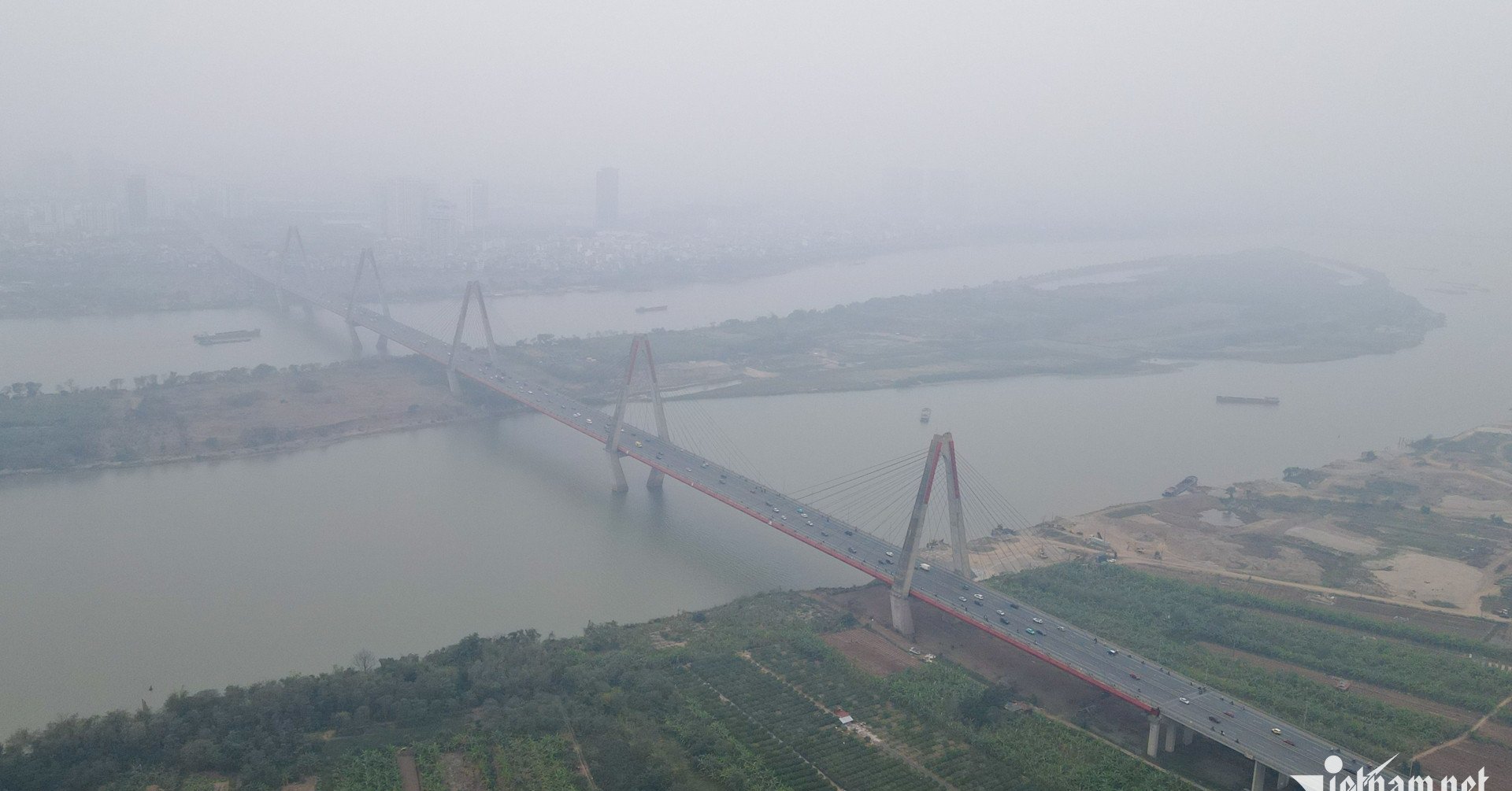

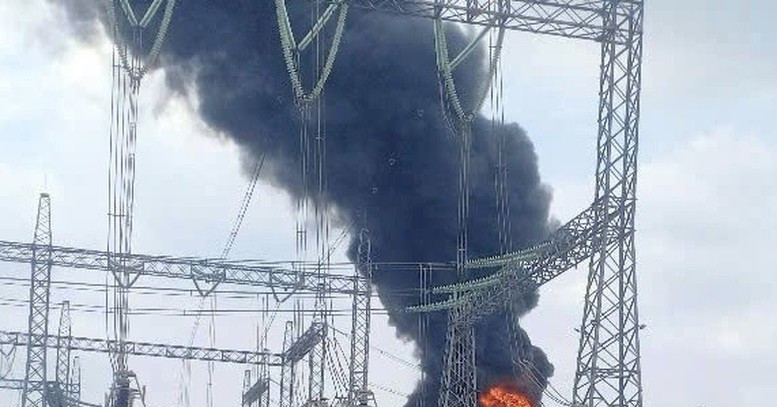
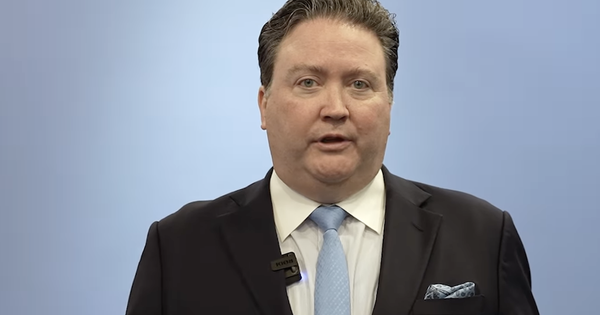

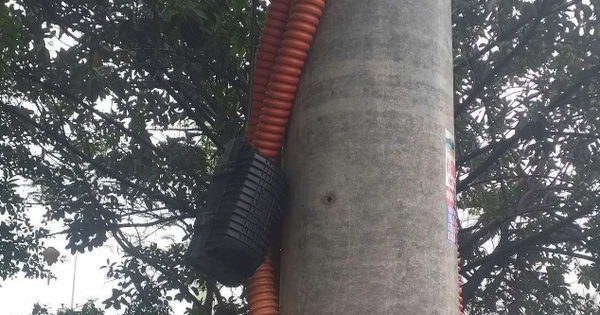


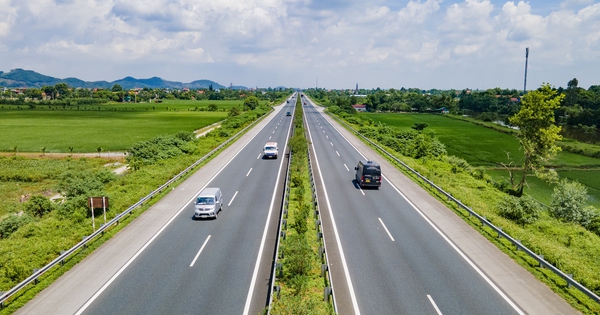
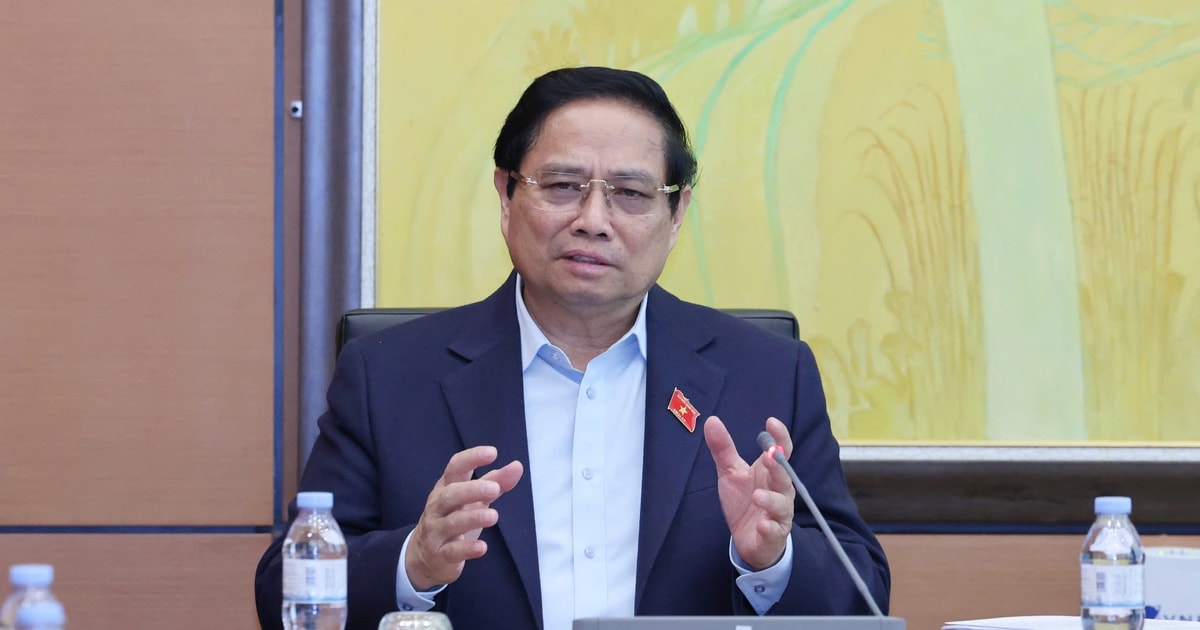
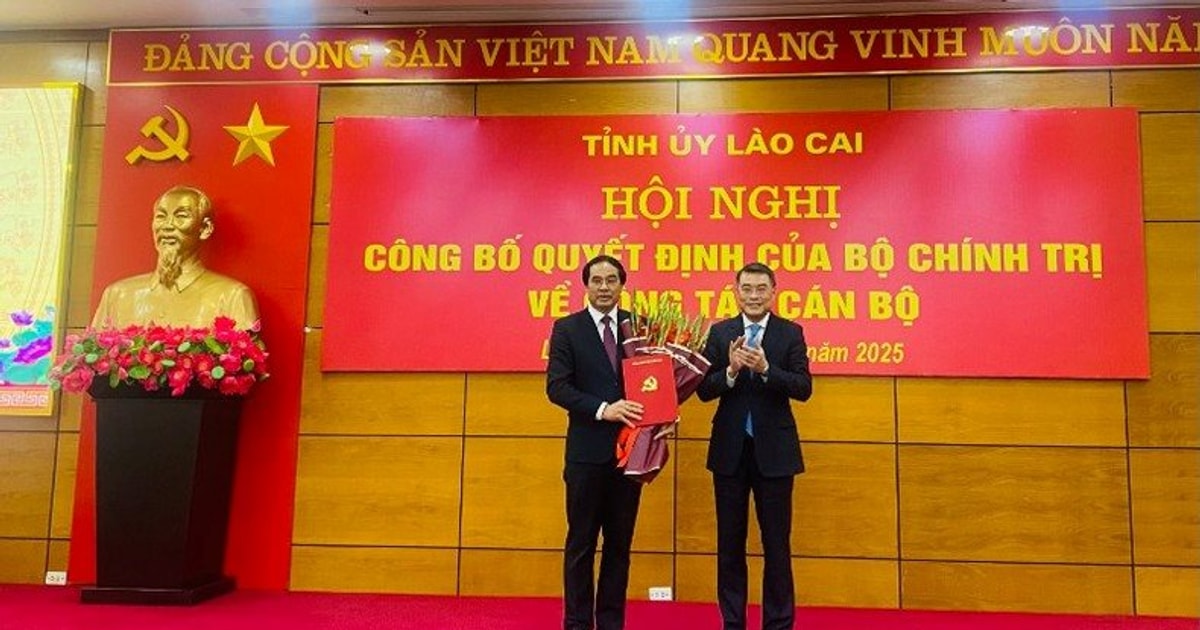
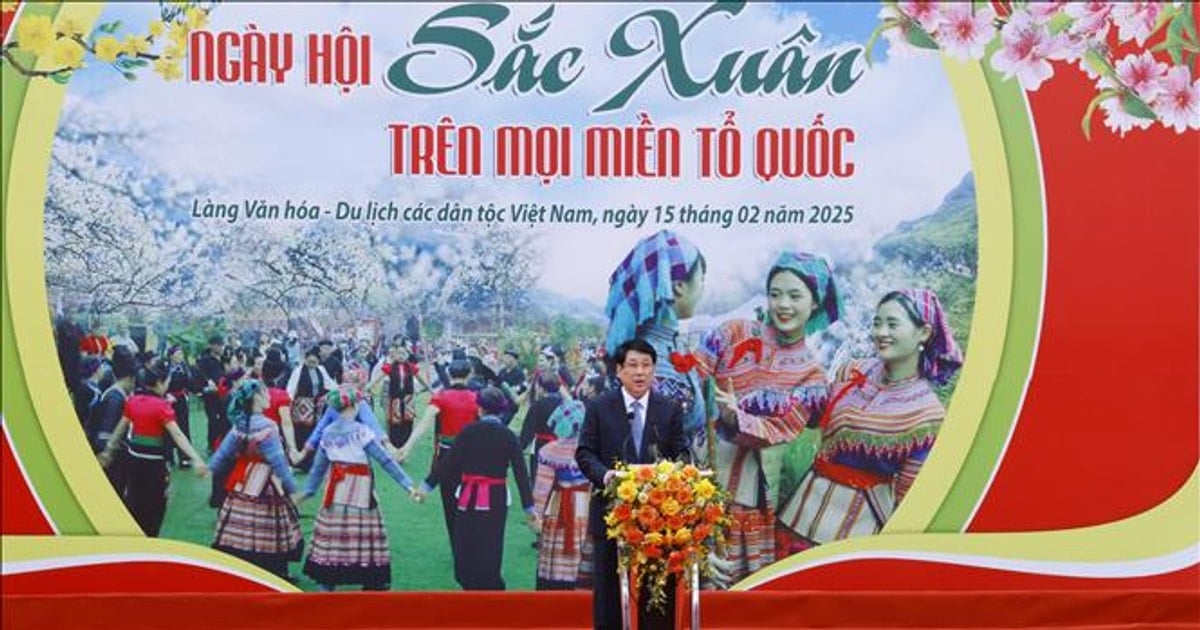
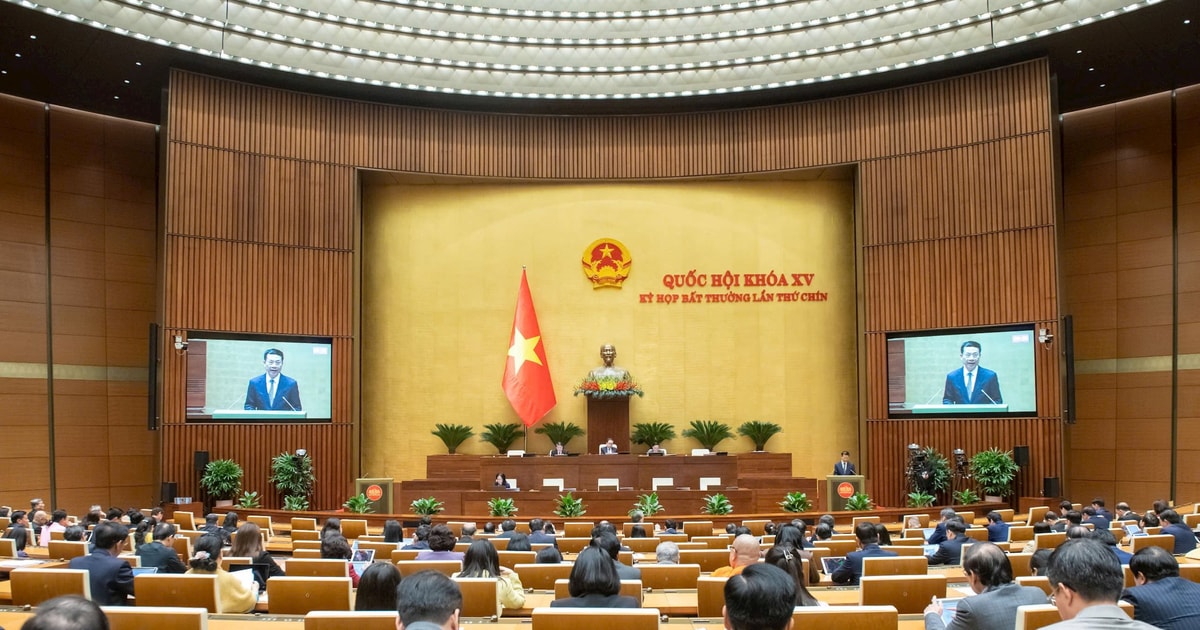
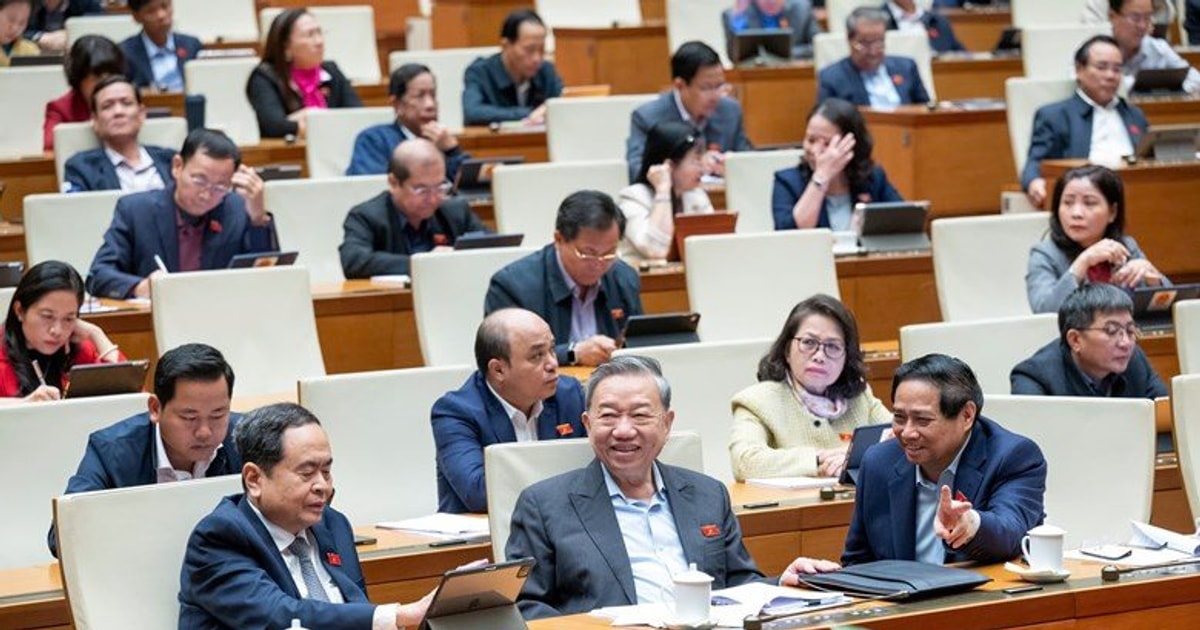
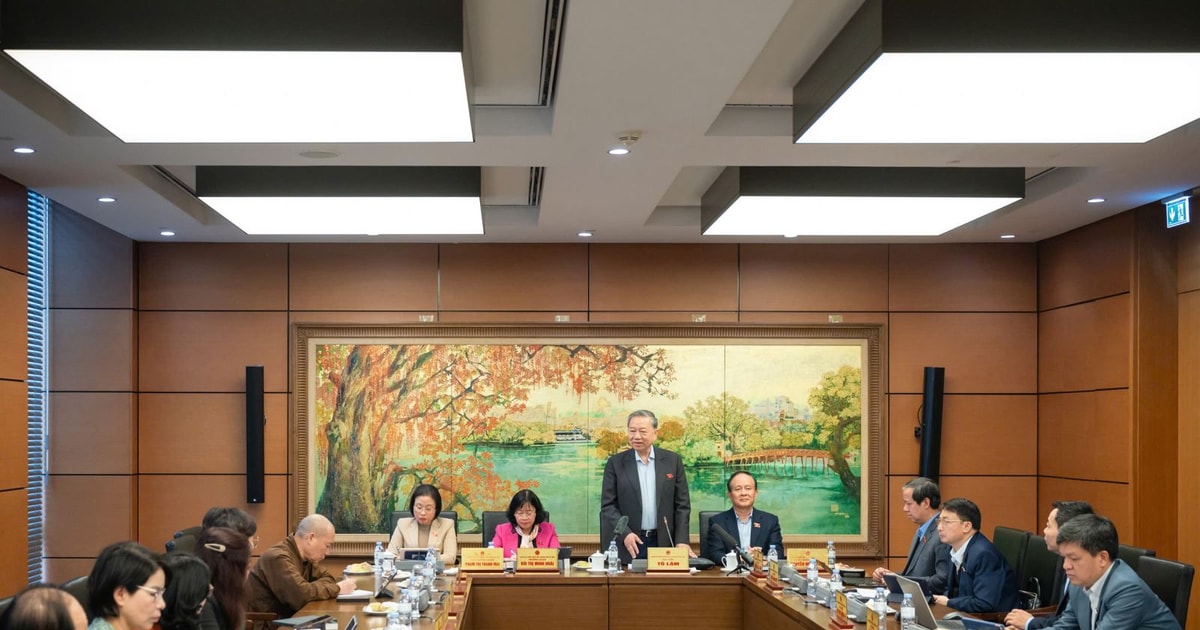














Comment (0)